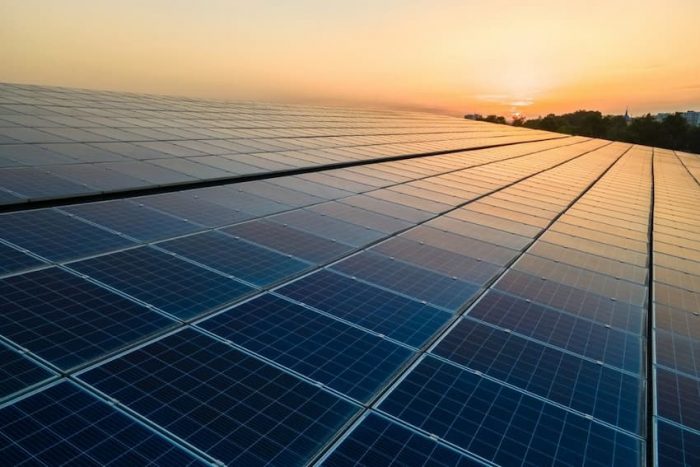
Solar panels. These fascinating devices smartly convert sunlight into electricity for our homes or businesses. The way they work is simple: when sunlight strikes the solar cells that make them up, it generates an electric current through the photovoltaic effect. Solar panels are widely considered a key technology in the quest for sustainability, as the energy they produce is clean, renewable, and environmentally friendly. Or is it?
Despite the myriad of successful applications solar panels are used for, from electricity generation for residential and commercial properties to remote power generation, including spacecraft, there are a few misconceptions revolving around them. Are they only suitable in sunny climates? Or are they really as expensive as many think they are? In this blog, we at Go Green Solar Group will debunk the most common myths surrounding solar panels, providing fit explanations to make it clear that they are a viable and sustainable energy solution that provides numerous benefits for individuals and businesses.
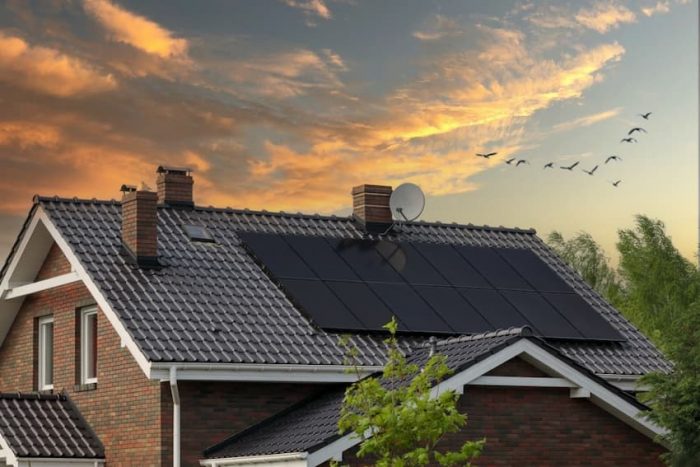
The Most Common Myths About Solar Panels
Solar Panels Are Only Suitable for Hot and Sunny Climates
This is probably the most frequent misconception when talking about solar panels. The truth is solar panels can generate electricity even on cloudy days and are, therefore, suitable in those regions where the weather gets gloomy quite often. While it’s true they are most efficient in direct sunlight, they still produce power in diffuse or indirect sunlight, meaning solar energy works well in a variety of climates. Solar Panels Are Expensive and Not Cost-EffectiveAnother frequent wrong idea. This may have been true when solar panels were a novelty on the market, but their cost has significantly decreased over the years. Additionally, various grants for solar power and rebates are available in many regions, making solar installations more affordable. In the long run, the substantial savings on electricity bills will offset the initial investment.
Solar Panels Require a Lot of Maintenance
Quite the opposite, solar panels are generally low-maintenance. They have no moving parts and require minimal upkeep. It’s good practice to carry out periodic cleaning and remove dirt or debris to keep them as efficient as possible. However, modern solar installations come with warranties, and issues are rare.
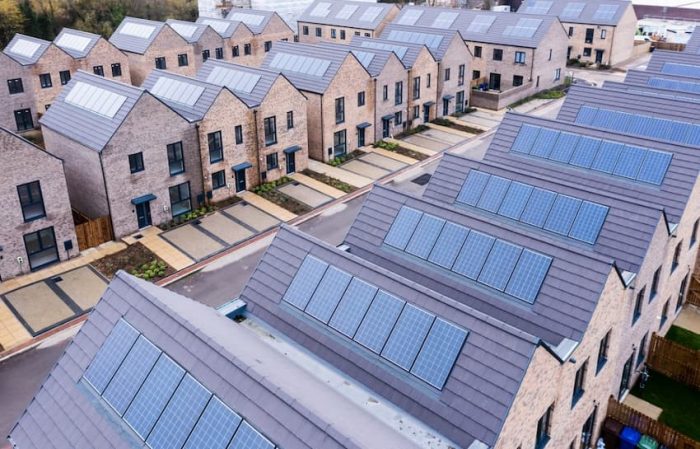
Solar Panels Are Unattractive and Decrease Property Value
This entirely depends on the home or business owner, as aesthetics is completely subjective. However, solar panels can be integrated into various architectural designs, and a few studies have shown that they can increase property values due to being considered a valuable and eco-friendly feature.
Solar Panels Cannot Generate Enough Power to Meet Energy Needs
Since their first appearance on the market, solar panel efficiency has improved significantly, and many modern versions have incredibly high-efficiency ratings now. Additionally, other relevant factors, such as advancements in technology, energy storage solutions, and installation practices, have improved the overall effectiveness of solar power systems, making them a reliable source of energy.
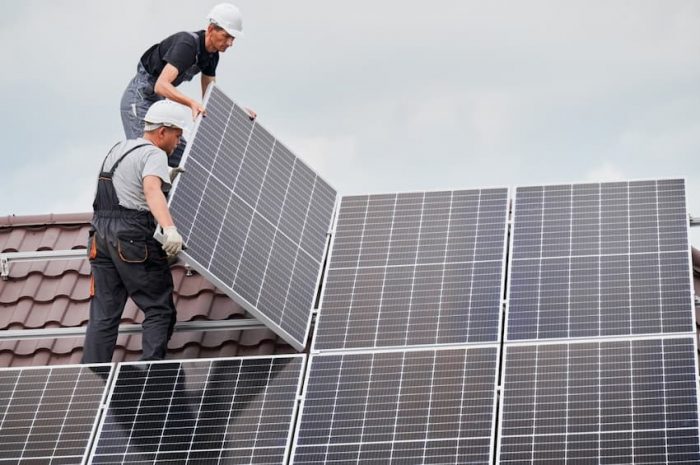
Solar Panel Installation is Complicated and Time-Consuming
This myth can be easily proven wrong. As experienced solar panel installers in North West England – who handle solar panel installation in Lancashire, Cumbria and many other – we have ensured our installations are extremely streamlined and efficient, with standardised processes carried out by our experienced. Over time, technology developments have simplified solar panel installations, making them quicker and more accessible for everybody.
Solar Panels are Harmful to the Environment
We wouldn’t use the word “harmful,” but, in general, the manufacturing process of solar panels involves energy and resource consumption. However, we must look at the bigger picture. The environmental benefits over the panels’ lifetime far outweigh their initial impact. Aside from their durability, solar panels produce clean energy and help reduce dependence on fossil fuels, leading to lower greenhouse gas emissions. Exciting advancements in the industry now allow for the recycling of solar panels once their functionality has been exhausted. This not only reduces electronic waste but also enables the conservation of precious raw materials. For all these reasons, they are considered a valid alternative to improve sustainability.
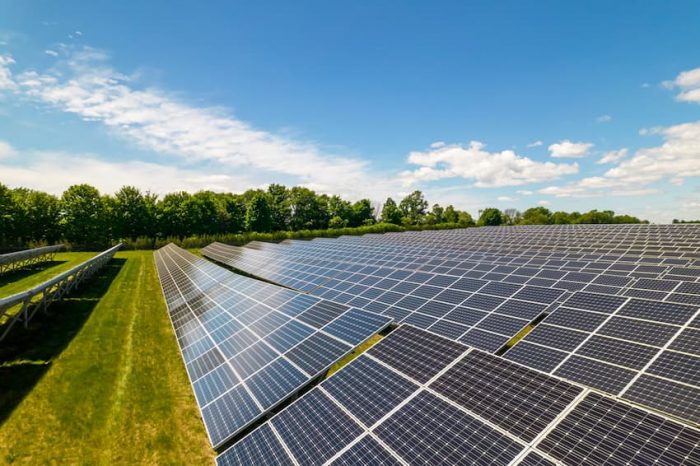
Why Solar Panels Are an Excellent Investment for Your Home or Business
Considering what we shared, we can clearly see how solar panels concretely represent an exceptional investment for both homes and businesses, providing a number of benefits.
One of the principal ones lies in the substantial reduction of energy costs. By harnessing sunlight and converting it into electricity, both residential solar panels and commercial solar panels allow homeowners and businesses to generate their own power, reducing their dependence on conventional energy sources. This not only leads to considerable cost savings but also protects consumers from the often-harsh increase in energy prices.
In addition, the installation of solar panels aligns with the growing awareness of environmental responsibility. In particular, businesses are recognising the importance of adopting eco-friendly practices, and the implementation of solar power certainly demonstrates a commitment to sustainability. Beyond sustainability, investing in solar energy can enhance a company’s reputation, appealing to environmentally conscious consumers and investors.
On a broader scale, large solar farms significantly contribute to the overall energy supply, helping meet the rising global demand for electricity. This diversification of the energy mix reduces reliance on fossil fuels, mitigating environmental impact and fostering a more resilient and sustainable energy infrastructure.
Finally, we should not underestimate how the longevity of solar panels makes them an attractive investment. The durability of these panels is underlined by warranties that typically span over 20-25 years, resulting in many solar panels continuing to generate electricity well beyond their warranty period. This extended lifespan not only ensures a prolonged return on investment but also highlights the stability of solar technology.
Go Green Solar Group Can Help You Go Eco-Friendly
We hope this blog has provided some clarification regarding solar panels.
Remember, should you decide to install solar panels in your home or business, at Go Green Solar Group, we are professionals backed up by 15 years of expertise in the energy industry and have the right knowledge to help you choose the best solution.
We offer a free, no-obligation consultation to assess your suitability for our systems, so feel free to contact us whenever you feel ready to switch to your new source of sustainable energy.


